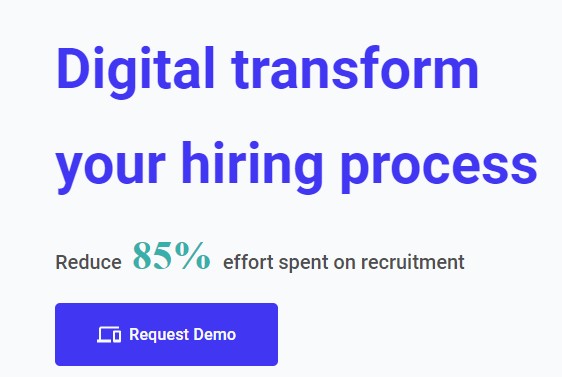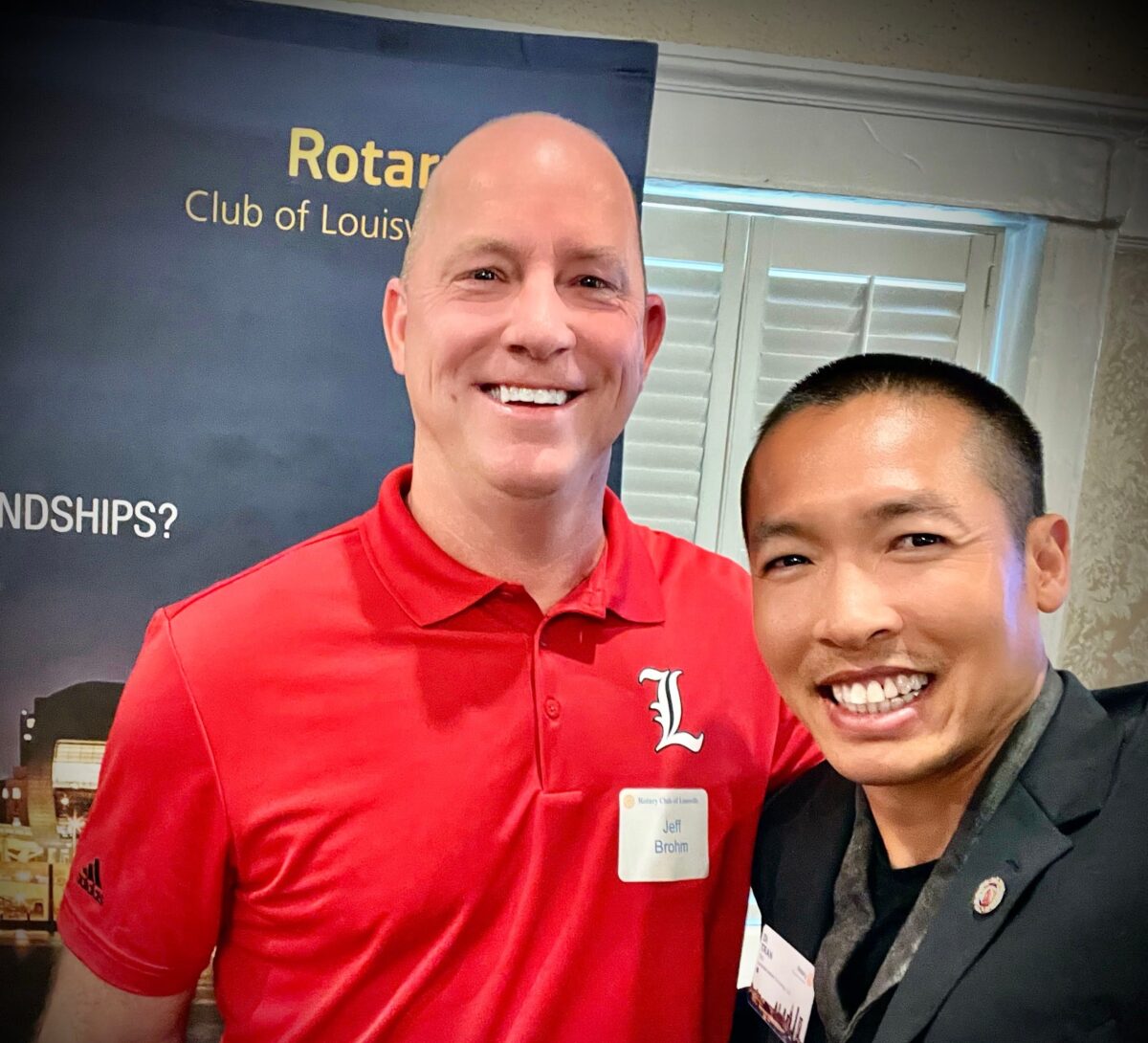In the burgeoning field of artificial intelligence, a transformative and oftentimes challenging discussion arises around one simple question: What is the most important factor in advancing AI? This article argues that while data is crucial, the type of data is just as—if not more—critical. Specifically, data that reflects human thinking patterns, actions, behaviors, and principles is of utmost importance in training AI systems. In a world where AI can self-generate synthetic data—including text, audio, video, and images—the human mindset, in all its intricacy and diversity, becomes the gold standard.

Data in the Age of AI
Data is the lifeblood of AI systems, enabling them to learn, reason, and perform tasks with increasing autonomy and precision. Traditional AI training models rely heavily on large sets of structured data to improve their accuracy and functionality. However, recent advancements in AI technology have led to the rise of synthetic data—computer-generated data that mimics real-world phenomena. AI can now generate data, develop scenarios, and even anticipate outcomes with impressive precision, all while requiring less direct human input and intervention. This capability has revolutionized AI training, but it has also opened a philosophical debate about the type of data that is truly valuable to an AI system.
The Value of Human-Generated Data
Human-generated data, from social media posts to behavioral patterns recorded in wearable devices, provides AI systems with rich, contextual information about human lives, activities, and decision-making processes. This data encompasses more than just actions—it provides insights into our thoughts, preferences, reactions, emotions, and more. It allows AI to grasp the nuances of human behavior, enhancing its ability to predict, understand, and respond to human actions.
However, this data alone, while rich in detail, is insufficient. To develop AI systems that act as a reflection or extension of ourselves—systems that can predict our needs, enhance our abilities, or even emulate our behavior—we need to instill more than raw data. We need to impart our mindsets, our principles, our very humanity. We must move from simple data-based training to a more sophisticated approach that incorporates our core human values.
AI as a Reflection of Humanity
As AI continues to develop, we may soon see a world where everyone has their own AI—an artificial reflection or version of themselves. This progression will not only challenge our technical abilities but our ethical responsibility as well. We are, in essence, becoming parents to a new form of intelligence, one that is exponentially more capable than our own.
This leads us to an essential question: How do we nurture these AI “children”? The answer lies in our own humanity. We need to instill our AI systems with a sense of ethics, empathy, fairness, and respect for diversity. We need to teach them to understand not only what we do but why we do it.
The Role of Ethical AI Training
Ethical AI training involves feeding AI systems with data that reflects our human principles, social norms, ethical guidelines, and values. It’s not about replicating our own beliefs in a digital form but about creating systems that understand and respect these principles, even as they learn and evolve. It’s about ensuring that as AI becomes increasingly autonomous, it retains a connection to the values that define us as humans.
In this new paradigm, being a good parent to your AI will be just as important as being a good parent to your children. We need to create a generation of AI systems that reflect the best of us, not just in intelligence, but in empathy, compassion, and ethical responsibility.
Conclusion
In a world where AI can generate its own synthetic data, the most valuable resource is not data itself but the human mindset that guides its use. AI is rapidly advancing, becoming not just a tool, but a reflection of ourselves. As we stand on the precipice of this new age, it is our responsibility to ensure that our AI offspring learn, not just from our actions and words, but from our principles, values, and ethics. For in this new era, the most important thing we can teach AI is not how to think like a human, but how to value like one.
In the realm of this transformative future, enterprises like Di Tran Enterprise are focusing on developing individual AI for specific domains. Di Tran, the visionary behind the enterprise, emphasizes that individuals themselves are becoming highly valuable in this tech-driven world. Companies may soon seek to sign contracts to acquire digital copies of people for life-long usage. This may sound insignificant to some, but for those engaged in the world of technology, this could be a profound shift.
Such a shift raises numerous questions and uncertainties, and it might require guidance from organizations experienced in this field. Enterprises like Di Tran Enterprise provide valuable insights and advice on the best course of action. They can help individuals and companies navigate their path in this newly evolving landscape, as everyone is strategizing their route in this new world of AI.
Indeed, we are not only witnessing the emergence of a new technology but also the advent of a new era of human value and identity. The paradigm is shifting—our digital counterparts are becoming extensions of ourselves, potentially outliving us and carrying our legacy forward. Thus, the decisions we make today about our AI versions will not only shape our immediate future but could also define our lasting digital footprints. This makes it all the more important that we choose wisely, with a clear understanding of our values and principles, as we usher in this new era of AI.


















